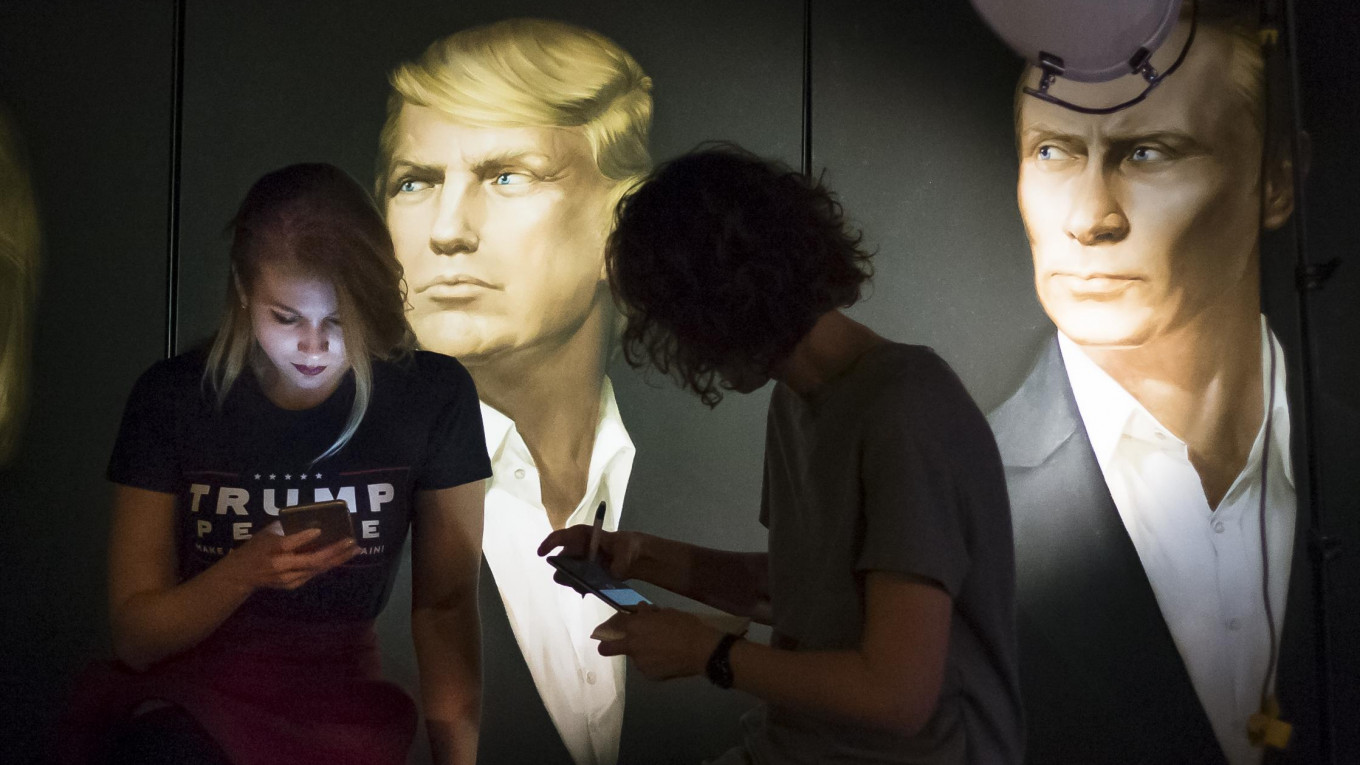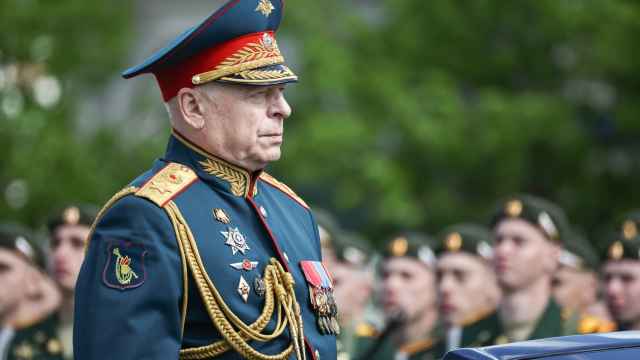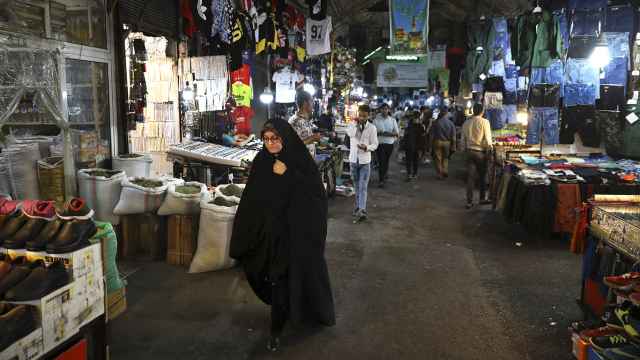The day of Donald Trump’s inauguration as president of the United States, a group of Russian Trump supporters hosted a party in Moscow. Filmed by the Russian nationalist TV channel TsarGrad and full of reporters, the event included lectures, giveaways, and photo ops. At the center of the spectacle was Maria Katasonova, a 21-year-old pro-Kremlin activist who campaigned tirelessly last year for Donald Trump, thousands of miles from the United States, even while she was running for office in Russia’s parliamentary elections in September.
This Friday morning, President Trump launched 59 Tomahawk missiles at a Syrian airbase, leading the Russian government to suspend an airspace safety agreement — a token but nonetheless concrete gesture by the Kremlin, in an environment where hopes for U.S.-Russian rapprochement are rapidly disappearing.
For months, public figures like Katasonova and Konstantin Rykov hailed the coming of Donald Trump as the dawn of a new era in global politics. Their group has promoted an image called “The Triptych”: a trio of portraits featuring Donald Trump, French right-wing politician Marine Le Pen, and Russian President Vladimir Putin.
On March 24, Katasonova even realized one of her dreams, meeting Le Pen in person, delivering a bouquet of blue roses and kissing her on each cheek.
At the time of this writing, on April 7, the day of the U.S. airstrikes against the Syrian government — an act Russian officials have described as an attack on a sovereign state — Katasonova has tweeted precisely nothing. And she’s gone silent on Facebook and Vkontakte, where her most recent activity occurred before Trump ordered the missile attack against Syria.
Katasonova did not respond to phone calls from The Moscow Times.
The same is true of Konstantin Rykov, another prolific Trump supporter who’s helped promote his presidency in Russia, alongside Katasonova. The U.S. has launched missiles at a Russian ally, and he hasn’t written a thing about it on social media.
Katasonova and Rykov are extreme examples of a wider trend in the Russian media, where many pundits welcomed Trump’s presidential victory last year as an opportunity to improve Russian-U.S. relations.
When the election results were announced in November, Margarita Simonyan, chief editor of Russia Today, declared on Twitter that she was so thrilled with American voters that she felt compelled to drive around Moscow waving an American flag. On Friday, after President Trump ordered the airstrikes, she tweeted morbidly, “My friends, we had a chance, but that chanced has been spectacularly f@cked. And not by us, it should be said.”
Other pro-Kremlin figures, like Sergei Minaev, were more than a little disappointed in folks like Katasonova and Simonyan. Without naming anyone in particular, he tweeted:
I’d really like all Trump’s Russian supporters and the people who went to the “Trump is our president” party to head off to Syria right now — to the same airport [bombed by the Americans].
Following Friday's airstrikes, a popular Facebook group called “Russians for Donald Trump” even changed its name to “Russians for Donald Trump RIP.” The community's organizer, Alexander Domrin, a professor at Moscow's National Research University Higher School of Economics, explained that hope in Trump is no longer justified.
A Message from The Moscow Times:
Dear readers,
We are facing unprecedented challenges. Russia's Prosecutor General's Office has designated The Moscow Times as an "undesirable" organization, criminalizing our work and putting our staff at risk of prosecution. This follows our earlier unjust labeling as a "foreign agent."
These actions are direct attempts to silence independent journalism in Russia. The authorities claim our work "discredits the decisions of the Russian leadership." We see things differently: we strive to provide accurate, unbiased reporting on Russia.
We, the journalists of The Moscow Times, refuse to be silenced. But to continue our work, we need your help.
Your support, no matter how small, makes a world of difference. If you can, please support us monthly starting from just $2. It's quick to set up, and every contribution makes a significant impact.
By supporting The Moscow Times, you're defending open, independent journalism in the face of repression. Thank you for standing with us.
Remind me later.






